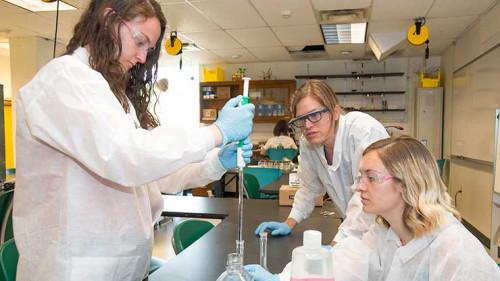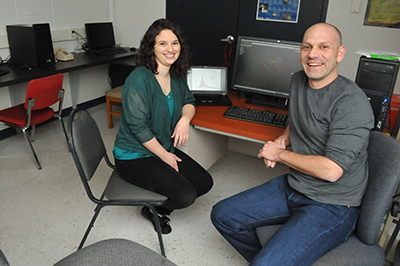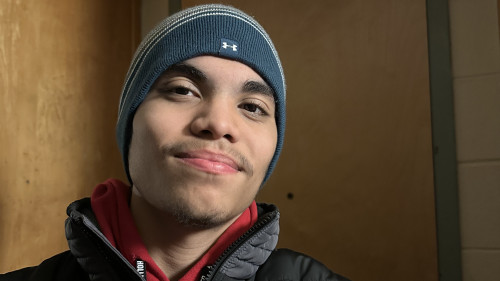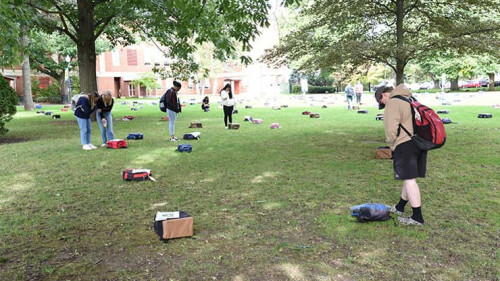

By Ericka Pier '14
Matt Bellis, Ph.D., assistant professor of physics and astronomy, secured a $204,000 National Science Foundation grant to work on research with Cornell University and the Compact Muon Solenoid (CMS) collaboration. The group will be working on a physics experiment being performed at the world’s most powerful particle accelerator in Geneva, Switzerland.
“This grant is an opportunity to engage students in science and technology,” Bellis said. He plans to offer research opportunities to as many as four students per year during the course of the three-year grant.
The grant will allow Siena College students to learn analytic and computing techniques while actively contributing new physics research. The Siena group will join ongoing efforts within the CMS collaboration that focus on data preservation and how to use the data for innovative outreach efforts. “These projects will allow us to offer undergraduates a research opportunity and bring their experience to the broader public community,” Bellis said.
The Siena group will work with other CMS collaborators measuring properties of the top-quark, including searching for baryon-number violating (BNV) decays. These decays could help to explain one of the great outstanding questions in physics, the dominance of matter over anti-matter that is seen in the Universe.
The Siena group will collaborate with the Cornell High Energy Physics group for data analysis and navigating the CMS infrastructure. The experiences provided from this opportunity will teach students computing skills, statistical methodology, computational techniques and new computing languages. Based on the physics applied, this research will also give them a better understanding of how the world works.

